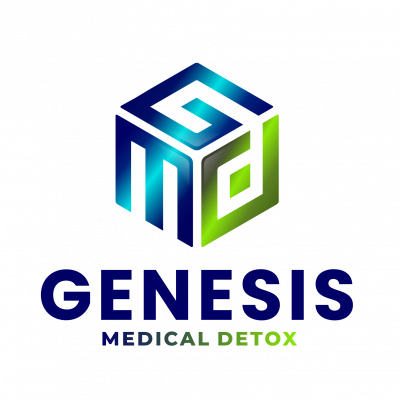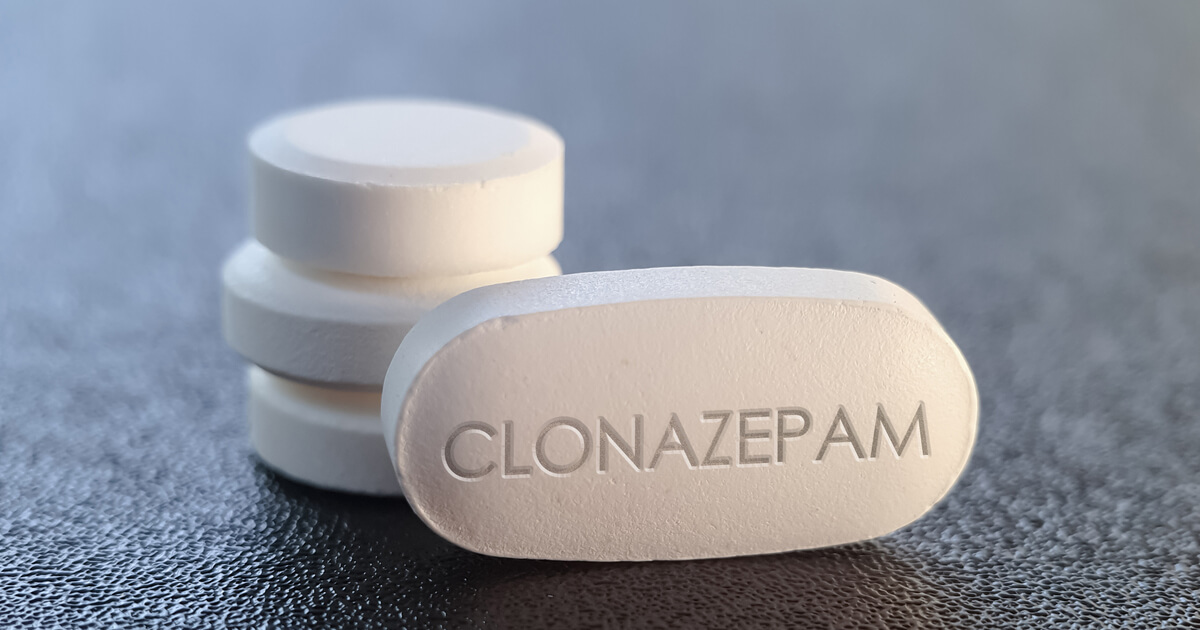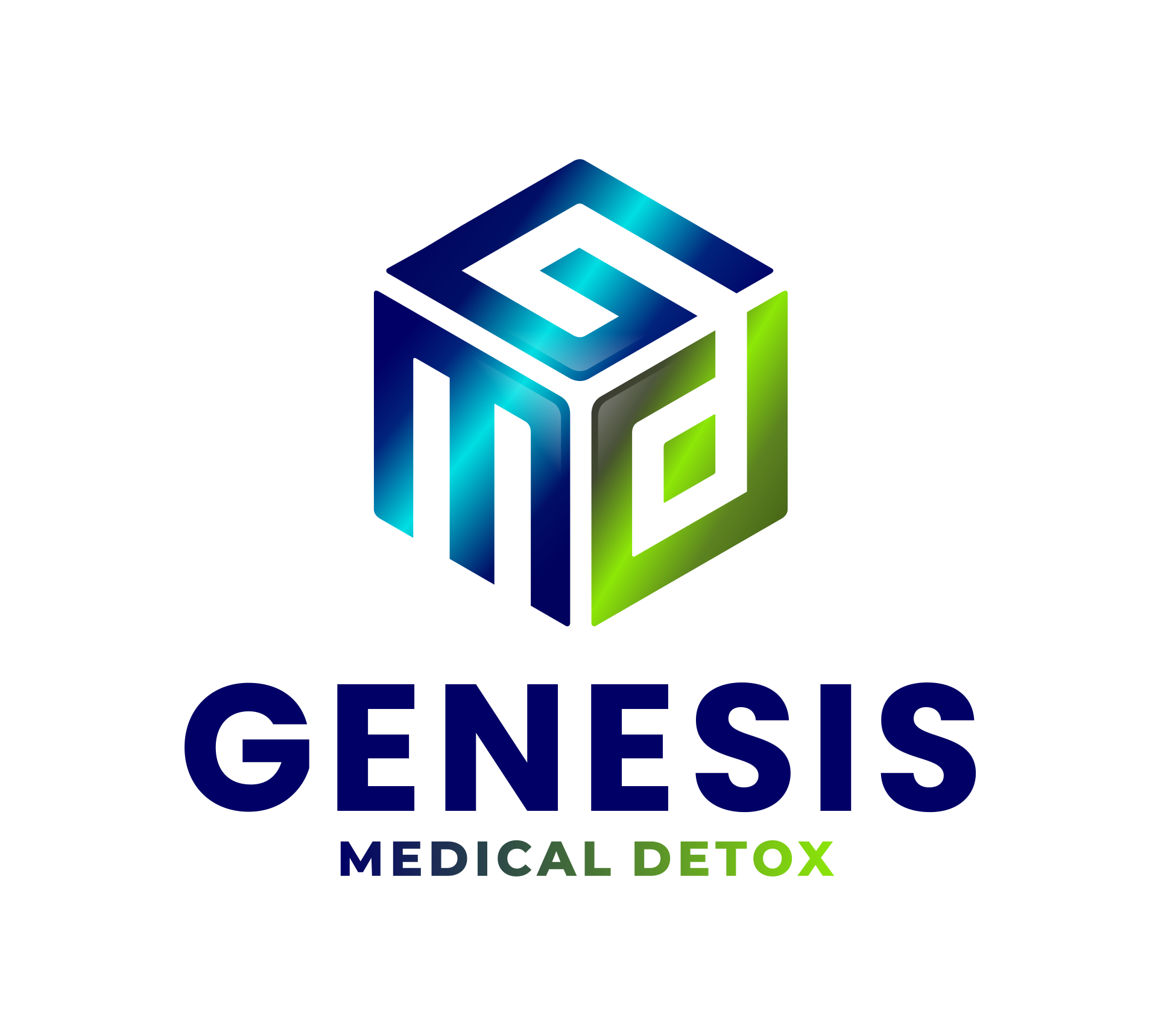Navigating relationships during medical detox can be one of the most challenging parts of the recovery journey. While seeking help for substance abuse is a complex and often overwhelming experience, it’s important to remember that you don’t have to go through this process alone. Your connections with family, friends, coworkers, counselors, and other supporters in your life can make all the difference when it comes to staying committed to your treatment plan and long-term goals. Whether you are in an intimate relationship, living with family members, or surrounded by close friends, we will discuss some practical ways to nurture your most important bonds through uncertainty.
Identifying Your Support System
Who are the people in your life you feel like you can always count on regardless of the circumstances? During medical detox, it is important to identify your support system so that you can go through recovery feeling connected and supported. Whether you have a close network of family members or rely on friends from work, these people are invaluable during this journey.
If possible, create an inventory of the people in your life who can help provide emotional and practical support. Start by making a list, which can include your parents, siblings, friends, significant others, coworkers, teachers, mentors, or even neighbors. Consider your counselors or therapists that have experience with medical detox or addiction recovery as well; their insight can be incredibly helpful during this difficult time.
Once you’ve identified your closest supporters, begin to communicate openly with them about your needs throughout the process. Invite them to be involved in your recovery by attending group sessions or therapy appointments so that they can better understand your experience. Additionally, it’s also important to be honest with them about the challenges of medical detox and the triggers that could lead to relapse.
By appreciating and communicating openly with the important people in your life, you can create a strong support system that will help keep you motivated throughout the medical detox process.
Setting Boundaries
As much as nurturing your most important relationships, setting boundaries is also an important way of protecting your physical and mental health during medical detox. As you begin to heal and learn the techniques necessary for long-term sobriety, it’s essential to create boundaries that will help keep you safe from potential triggers, bad habits, or toxic relationships.
When setting boundaries, think about the people, places, and things that could potentially interfere with your recovery process. Then consider how far you want those boundaries to extend—whether it be avoiding certain bars, types of parties, or friends who may not have your best interest in mind. It’s also important to set limits on how much time you spend around unavoidable triggers (such as holiday gatherings) so that they don’t become overwhelming sources of temptation.
Once you know which boundaries you need to create, communicate this with your family, friends, and other supporters. Explain why it’s important for you to set these limits and how they can help you stay on track. Not only can this make it easier for them to understand what kind of support you need during medical detox, but it also encourages mutual respect and understanding between both parties.
Communication Tips for Couples, Families, and Friends
For couples going through medical detox, open communication is essential. It’s important to be honest and vulnerable with your partner about the challenges you’re facing during this process, as well as your successes. Talking openly also allows both of you to provide emotional support and stay on track with both treatment and life goals. Additionally, it may be helpful to set up a regular check-in system where each person can express their feelings or share any triggers they might have experienced recently.
For families, communication is key to understanding the dynamics of addiction and providing the best possible support. Start by expressing your feelings—what it was like to struggle with substance use and how recovery looks different now. This will help your family better understand what you are going through and how they can be there for you. Additionally, consider creating an opportunity where everyone can openly communicate their fears or concerns about medical detox. Having a time and place to discuss things openly can provide comfort in knowing that everyone cares deeply for each other’s well-being.
Finally, when communicating with friends, be sure to tell them honestly about the experiences you’re having during this process too. Explain why certain triggers could put you at risk for relapse and how they can help to keep you feeling supported.
What to Do If Communication Is Hard in Your Relationships
Communication during medical detox is essential for creating strong support systems, but it can be difficult to start these conversations with loved ones. If you have difficulty opening up, consider seeking help from a therapist or addiction specialist who can offer guidance and provide resources on how to start the conversations. Additionally, if you are having a hard time in any of your relationships during medical detox, know that there is no shame in taking some space and creating boundaries for yourself. It’s important to prioritize your own health and well-being first before trying to serve any of the relationships around you.
Medical detox can be a challenging process, but it’s also an opportunity to reset and give yourself the best chance at living a fulfilling life. Be sure to practice self-care and reward yourself for reaching milestones during your treatment. Remember that you are worthy of love, respect, and positive relationships. With courage and commitment, you can find peace and joy in sobriety.
Get Support for Medical Detox in Muscle Shoals, AL
Genesis Medical Detox in Muscle Shoals, AL, has a compassionate and knowledgeable team of medical professionals who will provide you with the highest quality care to ensure your detox process is safe and successful. We understand that all paths to recovering from substance use are unique, so we offer treatment plans personalized to meet each individual’s needs. If you or someone you love is looking for a supportive environment in which to begin their recovery journey, please reach out to us today. You can learn more about our services by visiting our website or giving us a call at (844) 895-0537.









